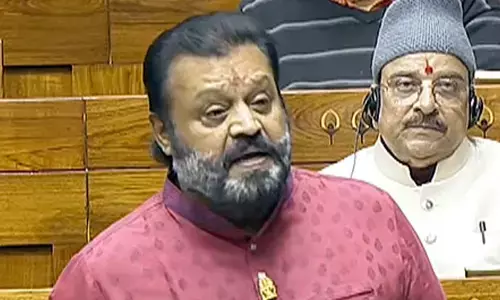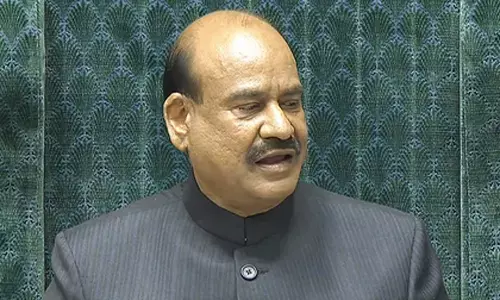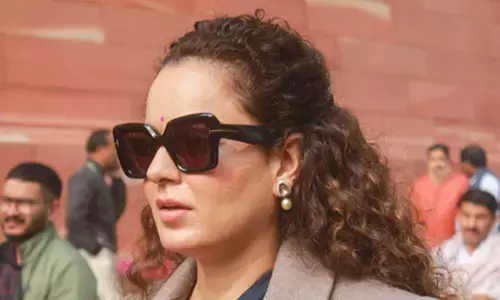Govt impatient to make judiciary fall in line

Govt impatient to make judiciary fall in line
What's the Centre's problem with the judiciary? The Collegium system. Did it clarify what exactly was it? Yes, it did.
What's the Centre's problem with the judiciary? The Collegium system. Did it clarify what exactly was it? Yes, it did. Did it define its goals in pointing out the problem? Yes. Opaqueness in the selection of judges, it added. Did it identify the root cause of it? Yes, it did, pointing to the day the Supreme Court dismissed the earlier system.
So, it developed an action plan: Attacking the judiciary measure by measure. Did it execute its action? Yes in involving even the high functionaries and then the presiding officers of Legislature bodies, too. Has it evaluated the results? Yes and it also now knows that it is not that easy to convince the judiciary to seek course correction – to fall in line, rather. What is left now is to improve upon these efforts continuously to weaken the judiciary further. That in essence is the problem-solving methodology adopted by the Centre to deal with the judiciary and its inconsistencies and insufficiencies, as it feels it has. This is a systematic and methodical approach to any problem. The 'continuous' effort part has been given effect to in the letter written by the Centre to the Chief Justice of India D Y Chandrachud, suggesting inclusion of government representatives in the 25-year-old Supreme Court-created two-tiered collegiums for bringing in 'transparency and public accountability into the selection process of constitutional court judges".
The Union Law Minister, Kiren Rijiju has written to the CJI further sharpening its attack in seeking government's representatives in the SC collegium and in the High Courts, of those from the State governments concerned. It is a brilliant move by all means. This one cannot be objected to by even anti-BJP governments. In fact, one could easily deduce from the mutated voice of protests over the Centre's moves in this regard, that even the Opposition enjoys the debate. After all, if the Centre gains an upper hand in this, then the ruling parties in the States too enjoy the benefits.
There could be differences in the judiciary over the existing system, but there need not be any differences among the political leaders. Who would not love to lord over the judiciary, too, if given a chance? It is too tempting a proposition for them given the fact that many of them are at loggerheads with the systems and the laws of the land. It has been nearly two months since the Centre began its criticism of the Collegium system.
As stated above, a highly respected former judge of the Supreme Court, Justice Ruma Pal, had remarked once: "As I have said elsewhere, the process by which a judge is appointed to a superior court is one of the best kept secrets in this country. The very secrecy of the process leads to an inadequate input of information as to the abilities and suitability of a possible candidate for appointment as a judge...Consensus within the collegium is sometimes resolved through a trade-off resulting in dubious appointments with disastrous consequences for the litigants and the credibility of the judicial system." The Centre entertains the idea that institutional independence has also been compromised by growing sycophancy and lobbying within the system. Again Justice Ruma Pal's view!
It seems the Centre is bent upon proving its contention right come what may. This is the migraine that the SC could do without.
















